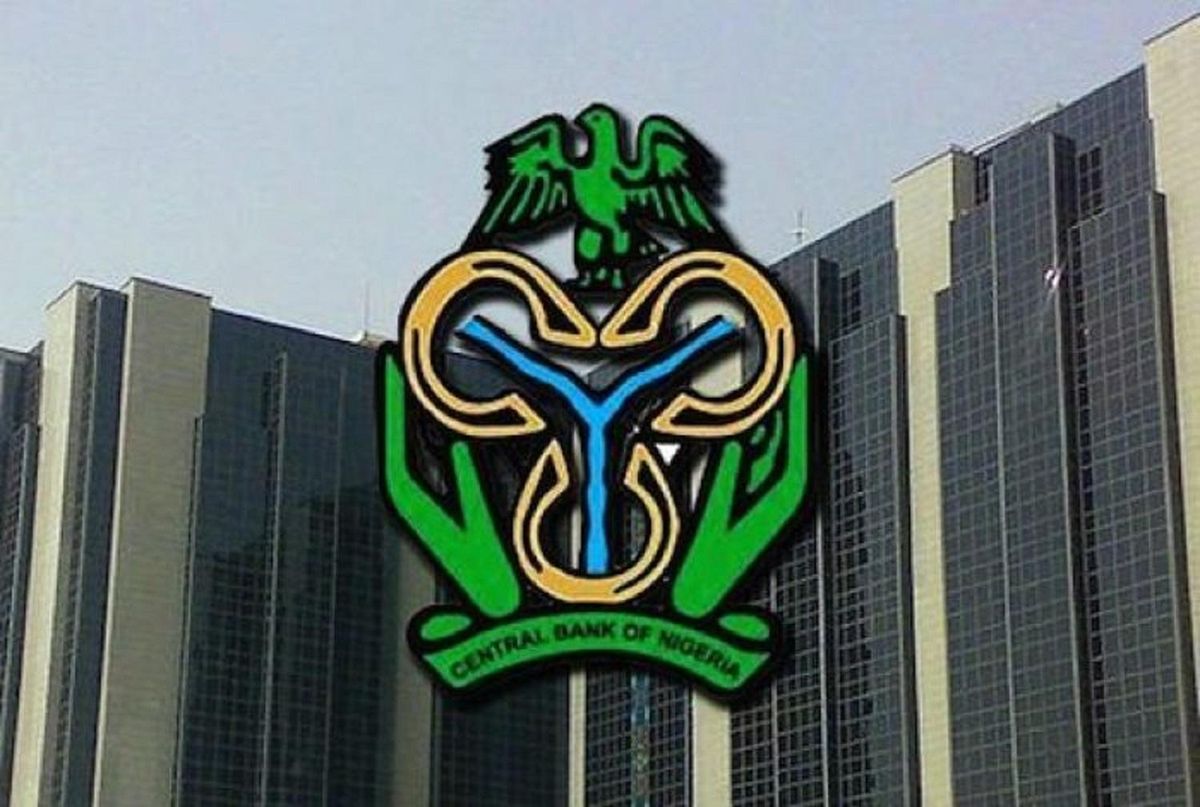CBN's new digital coin to run on closed blockchain
The CBN's new digital currency will run on Hyperledger Fabric Blockchain, a permissioned ledger that grants the apex regulator exclusivity and altering power.

The CBN plans to run the pilot scheme of its digital currency, slated for initial release for October 1, on Hyperledger Fabric Blockchain.
It is no longer news that the CBN has announced plans for a digital currency, and we have already taken a deep dive into what such a currency might look like, the challenges for the apex regulator to build such a currency and the privacy concerns.
Another interesting revelation is that the digital currency will run on the Hyperledger Fabric Blockchain Network. For newcomers into the world of cryptocurrencies, the Hyperledger Fabric is one of many blockchain networks designed to store cryptos and record transactions. The difference is, it is a private ledger and only allowed to permissioned users.
As a result, it is designed to be a foundation for developing blockchain-based products, solutions, and applications using plug and play, so there is no need for much configuration or technical building.
The blockchain network is built specifically for enterprise-grade applications. It is recommended for businesses or private entities hoping to keep transactions exclusive.
It is an open source platform designed by IBM along with several other external developers.
What is to be expected?
We have stated earlier that the CBN’s new digital currency will likely be blockchain-based, built using Distributed Ledger Technology (DLT). The Hyperledger Fabric is a private network, so the CBN decides who can enter the platform.
In fact, it can approve or alter a transaction within the network, which goes against the very nature of cryptocurrencies and a decentralized financial system the blockchain promotes.
This feature may have significant undertones for local fintechs and even crypto exchanges, whose activities have already been heavily curtailed due to the crypto ban.
Issues of privacy are very important, and to allow the apex monetary regulairt have so much control over a digital asset, which may most likely be a stablecoin is very worrisome. It has been noted how CBDCs are usually trackable. The blockchains built for CBDCs are not usually hashed i.e. encrypted, which means that all activities on them are trackable.
There are also issues regarding how secure the network is. If this network is meant to host and secure the digital currencies of the Nigerian central bank, then the security has to be air tight. However, it does have its security concerns.
The system has documented security patches and instances of breach, and since it is permissioned, access into the system can theoretically be gained by impersonating or hacking a known participant. Since it is enterprise software and has seldom been deployed on such a large scale by a governmental entity, concerns about how it can handle sensitive data and confidential information may be justified.
The platform does have its advantages. First, it supports smart contract technology and decentralized finance, which has massive potential for financial technology in Africa. Since it is an open source network, it fosters a community-driven infrastructure for the open public with various business and technical governance models.
Developers can build components that can take advantage of the plug and play nature of Hyperledger. This can be very good in building stablecoins and other CBDCs into the system. The distributed ledger may also make it possible to create private channels on it for specific agencies, committees and other stakeholders.
For such a large entity and with the scale at which the project is expected to take, the Hyperledger Fabric provides a level of scalability, performance, and trust.
Generally, Hyperledger Fabric stores various transactions happening in different aspects. It also focuses on reducing several layers of trust and has several layers of verification within the system.
Final Thoughts
The Central Bank’s announcement of its plans for a digital currency on one hand can be a sign of progress, but on the other hand raises justifiable concerns. As already stated, a digital naira is poised to significantly change the nature of our financial ecosystem by improving transparency in government spending.
Still, the apex regulator does have the tendency to be very draconian and backward thinking with some of its policies, as shown with the cryoto ban. If it has full control over an important asset such as cryptocurrencies, it may decide to impose a full scale restriction on all other cryptos, or at least control its distribution in favor of the new CBDC. This increased centralization can become problematic in the long term. Decentralization drives innovation, and when this is annexed, it may become a problem.
Also, the Hyperledger Fabric is majorly built by external parties, with no contribution by local teams. This may lead to issues regarding how safe sensitive government data really is on the platform.
Either way, we can only wait and see for now. Cryptocurrencies and blockchain are still in its infancy in Nigeria, and it is the job of policy makers to encourage, not stifle innovation.
You can find the proposal for the eNaira themed "Project Giant" here.







Comments ()